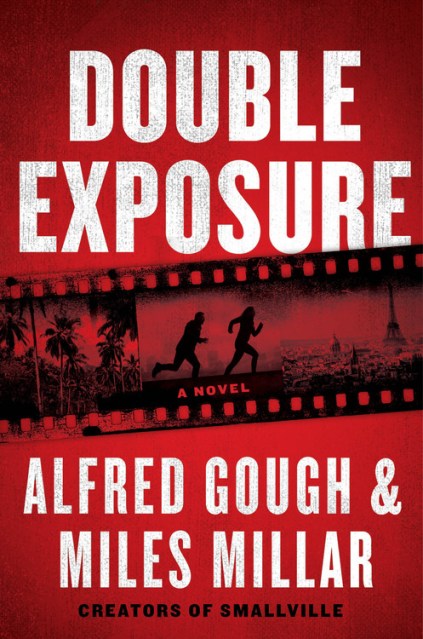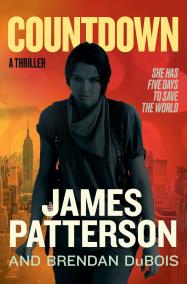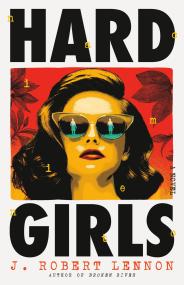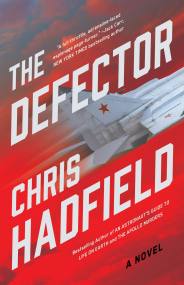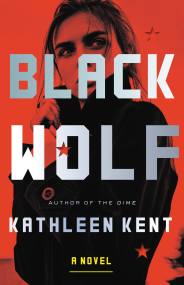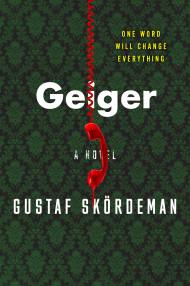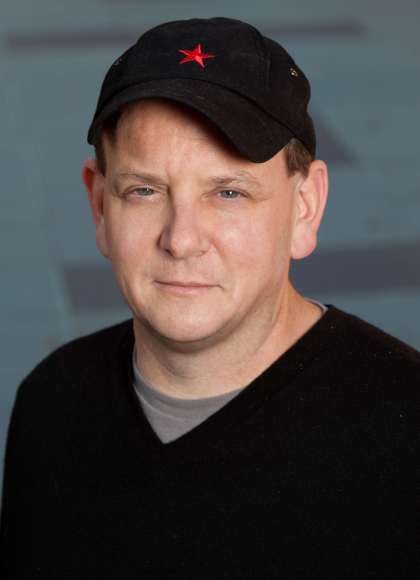Promotion
Use code MOM24 for 20% off site wide + free shipping over $45
Double Exposure
Contributors
By Alfred Gough
By Miles Millar
Formats and Prices
Price
$26.00Price
$34.00 CADFormat
Format:
- Hardcover $26.00 $34.00 CAD
- ebook $13.99 $17.99 CAD
- Audiobook Download (Unabridged)
This item is a preorder. Your payment method will be charged immediately, and the product is expected to ship on or around March 26, 2019. This date is subject to change due to shipping delays beyond our control.
Also available from:
From the creators of Smallville and Into the Badlands comes an action-packed “triple feature” debut thriller about a war veteran and CIA officer in the 1960s swept up into a cat and mouse game with enormous, world-altering consequences where Hitler may still be alive (Brad Meltzer, #1 New York Times bestselling author of The Escape Artist and The First Conspiracy).
David Toland, a decorated Korean War veteran, has done all he can to leave a life of combat behind. Now Director of Preservation for the Library of Congress’s National Film Archive, Toland has made it his mission to preserve what he loves most: the Golden Age of American cinema, moving pictures full of romance, adventure and American Dream. That is, until CIA Agent Lana Welles drops in unannounced with a film canister, smuggled over the Berlin Wall at great cost, that may prove WWII never really ended — it just went underground.
David reluctantly agrees to serve his country one last time and help recover the film for Lana and the CIA. But it seems not everyone is as eager as they are to dig up the past. David and Lana’s discovery awakens shadowy forces who will do anything to keep their findings a secret. In search of the truth, David and Lana find themselves intertwined in a global conspiracy.
Genre:
- On Sale
- Mar 26, 2019
- Page Count
- 336 pages
- Publisher
- Grand Central Publishing
- ISBN-13
- 9781538731369
Newsletter Signup
By clicking ‘Sign Up,’ I acknowledge that I have read and agree to Hachette Book Group’s Privacy Policy and Terms of Use
